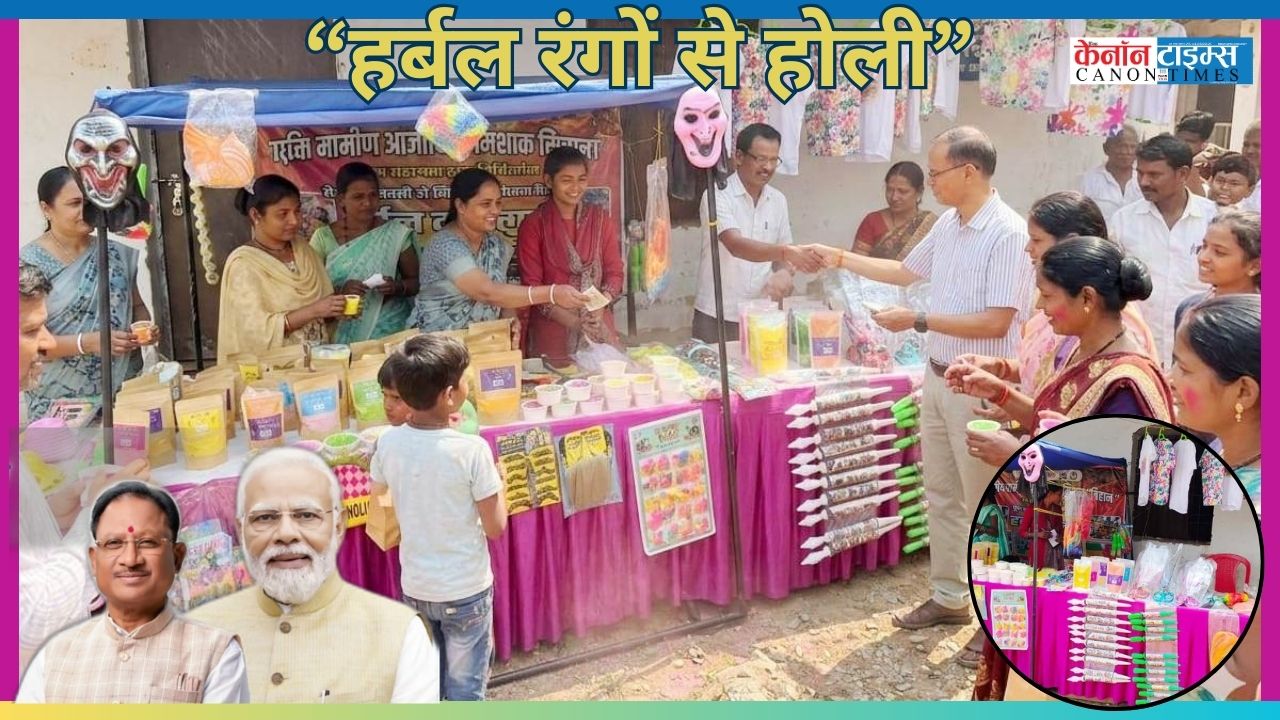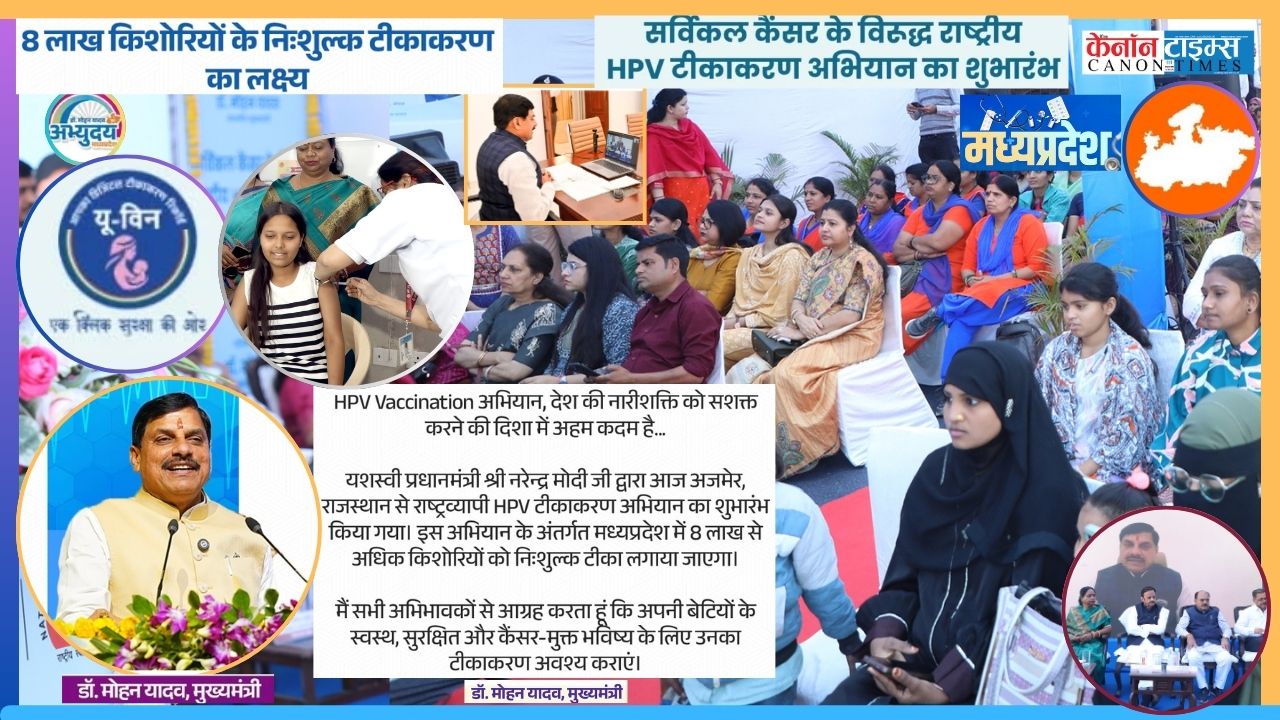In a bid to rejuvenate its national relevance, the Communist Party of India (Marxist) has undergone a strategic leadership overhaul at its Madurai Party Congress. The baton has now passed to M.A. Baby, a seasoned figure from Kerala, marking only the second time a Keralite has led the party since its founding father, EMS Namboodiripad.
This transition signals not just a generational change but a moment of reckoning. With eight newcomers inducted into the Politburo and 30 fresh faces added to the 84-member Central Committee, the party is attempting to craft a forward-looking image while grappling with internal dissent and regional imbalances. The 75-year age cap has also sidelined veterans like Prakash Karat, Brinda Karat, and Manik Sarkar, though exceptions were made for Kerala Chief Minister Pinarayi Vijayan and P.K. Sreemathy—a move that has raised eyebrows among other state units.
Rescue Mission in Bengal and Tripura
For M.A. Baby, the task ahead is formidable. The collapse of the Left in West Bengal and Tripura—once strongholds—has left the party rudderless outside Kerala. In Bengal, the exodus of cadres to Trinamool Congress after 34 years of CPM rule has been near-total, while Tripura was swiftly overrun by the BJP. The CPM, which had won 44 Lok Sabha seats in 2004, now clings to just three, with recent wins in Tamil Nadu (with DMK’s support) and Rajasthan (aided by Congress).
Cracks in the Red Wall
This leadership transition was not without turbulence. Sources suggest that at least six Politburo members opposed Baby’s elevation, favoring Ashok Dhawale, a respected grassroots organiser and All India Kisan Sabha president. A rare secret ballot contest for the Central Committee, prompted by CITU vice-president D.L. Karad, further signaled internal friction and a demand for procedural reforms.
Meanwhile, critics have pointed to the dominance of the Kerala faction in decision-making as a growing sore point. Leaders from Maharashtra and Bengal argue that the party’s central operations are increasingly Kerala-centric, marginalising voices from other regions.
A Rethink on Religion and Ideology
In a noteworthy ideological shift, the party has also chosen to reposition itself on the question of religion. Long seen as an atheist formation, the CPM now wants to clarify that it is not anti-religion, a move seen as necessary to counter Hindutva narratives that have captured a segment of its traditional voter base—particularly in Kerala.
From Protest to Power?
However, ideology alone may not suffice. The party must rebuild grassroots structures, reconnect with youth and labour movements, and address the perception that pragmatism has overtaken principle. In Kerala, critics allege a quiet understanding with the BJP to edge out the Congress—a development that, if true, could tarnish the party’s ideological credibility.
If the CPM hopes to chart a revival beyond its southern stronghold, it must first confront the contradictions within its own ranks. The Madurai Congress may have redrawn the map, but whether the new leadership can navigate the stormy road ahead remains to be seen.
Author: This news is edited by: Abhishek Verma, (Editor, CANON TIMES)
Authentic news.






